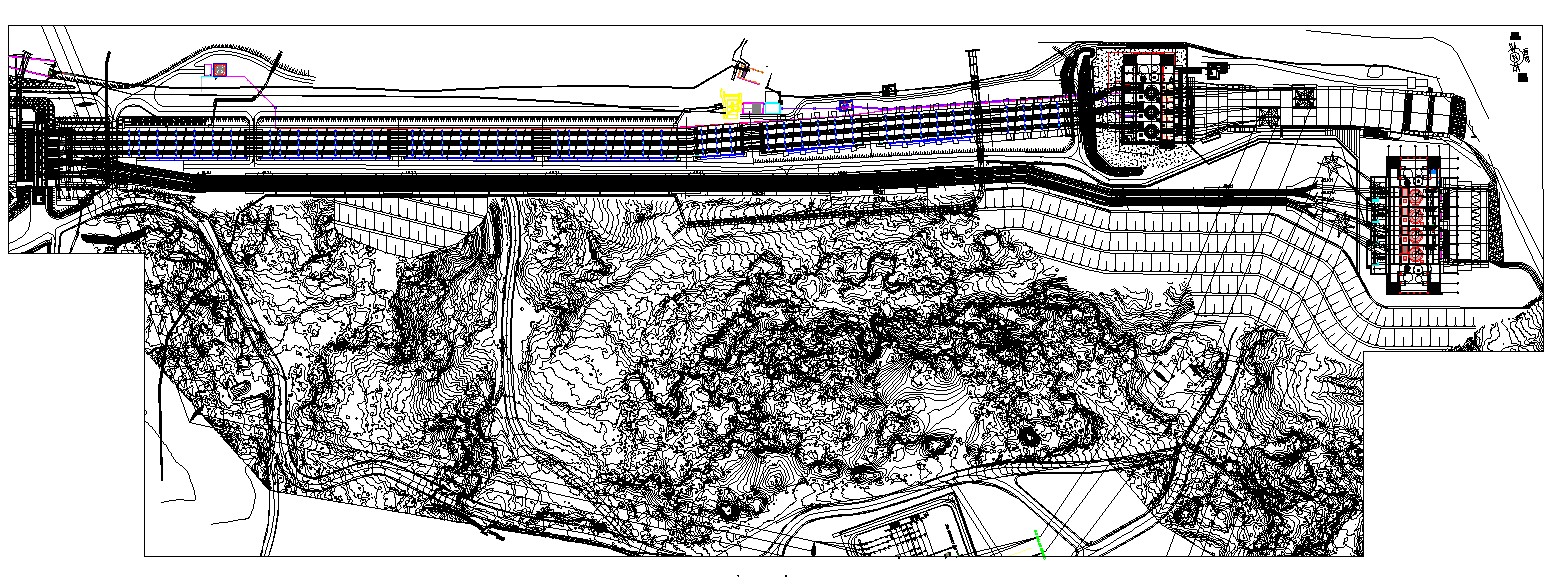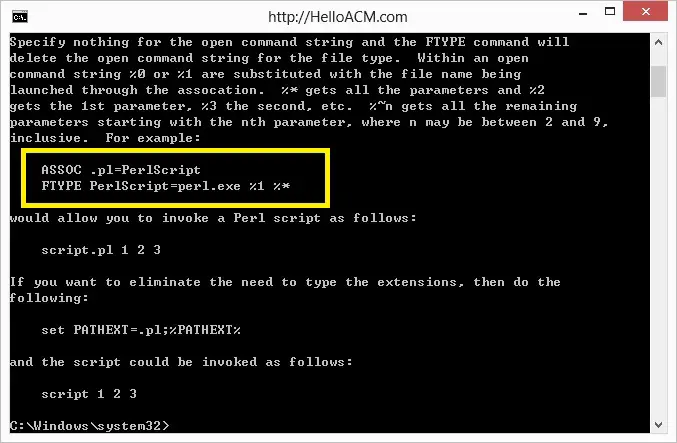

On Windows 10 you should definitely use the Windows.Storage library which contains the SystemPhotoProperties, SystemMusicProperties etc. Extended attributes are additional types of. I also found that not all the properties from the Properties dialog were present in the dictionary returned.īTW this is terribly slow and - at least on Windows 10 - parsing dates in the string retrieved would be a challenge so using this seems to be a bad idea to start with. Dropbox supports some extended attributes and can sync them everywhere you access your files in Dropbox.

I have no idea what those properties names would be like on a foreign system and couldn't find information about which localizable constants to use in order to access the dictionary. If you get an STA related exception, you will find the solution here:Įxception when using Shell32 to get File extended properties If (!dictionary.ContainsKey(header)) dictionary.Add(header, value) Ĭonsole.WriteLine(header + ": " + value) Īs mentioned you need to reference the Com assembly Interop.Shell32. Var value = shellFolder.GetDetailsOf(folderitem, i) If (String.IsNullOrEmpty(header)) continue Var header = shellFolder.GetDetailsOf( null, i) Var folderitem = shellFolder.ParseName(fileName) Var fileName = Path.GetFileName(filePath) Var shellFolder = shell.NameSpace(directory) Var directory = Path.GetDirectoryName(filePath)

On Windows 10 we assume that there are about 320 properties to read and simply skip the empty entries: private Dictionary GetExtendedProperties( string filePath) Previous version of Windows should use: var i = 0
#Extended file details code
It looks like this code will still run on Windows 10 but will hit on some empty properties. Here is a solution for reading - not writing - the extended properties based on what I found on this page and at help with shell32 objects. returns string.Empty if no value was found for the specified property return value Read value of property value = shellFolder.GetDetailsOf(folderitem, i) Skip to next property if this is not the specified property if (property != propertyName) continue Will be empty when all possible properties has been looped through, break out of loop if (String.IsNullOrEmpty(property)) break Get the property name for property index i string property = shellFolder.GetDetailsOf( null, i) Shell32.FolderItem folderitem = shellFolder.ParseName(fileName) įor ( int i = 0 i < short.MaxValue i++) Parsename will find the specific file I'm looking for in the Shell32.Folder object String oldTitle = .Value į.Value = new string ) Read and Write: string oldAuthors = .Value String filePath = file = ShellFile.FromFilePath(filePath)


 0 kommentar(er)
0 kommentar(er)
